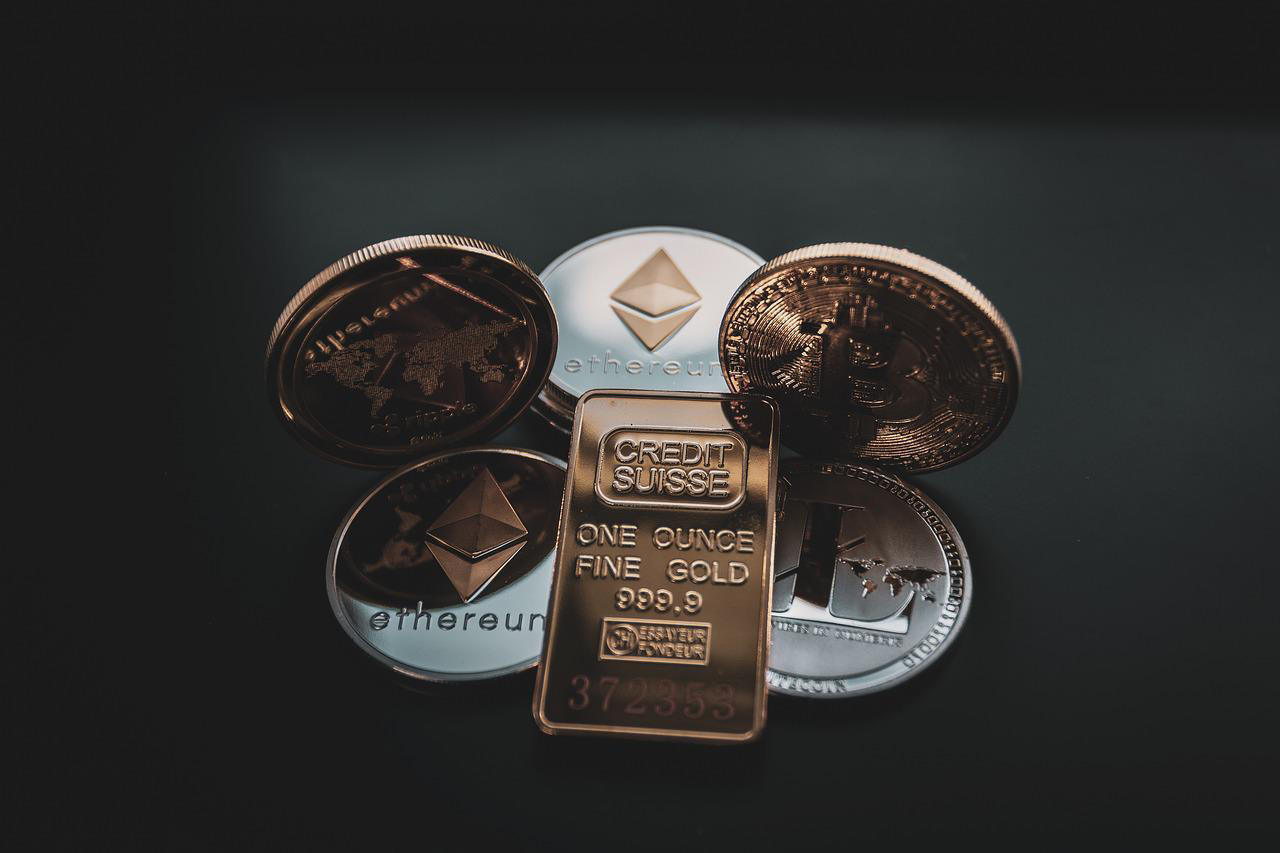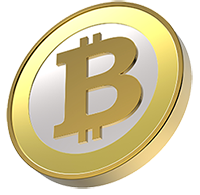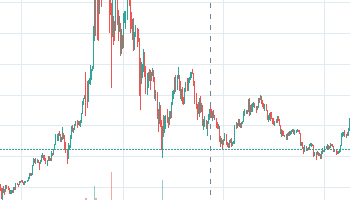Finding the best Bitcoin alternatives, also called altcoins, can be challenging considering the many options available. Altcoins come in various categories based on their consensus mechanisms and functionalities, including mining-based, StableCoins, security tokens, meme coins, and utility tokens. When choosing altcoins, consider reading the whitepaper, studying demand and supply dynamics, and evaluating the developers and stakeholders. This article discusses the five of the best Bitcoin alternatives in 2022.
1. Ethereum (ETH)
Ethereum is a decentralized platform that allows decentralized applications (dApps) and smart contracts to be developed and run without fraud, downtime, third-party interference, or control. It's a popular altcoin with excellent growth potential in 2022. Unlike bitcoin and other altcoins, Ethereum has a differentiating feature; its utility as a software network that lets developers develop and power new apps, tools, and NFTs.
Ethereum is worth investing in because it can store value and act as money. Since crypto prices are highly volatile, it’s wise to invest only what you can afford to lose, but never at the expense of goals like high-interest debt payoff and emergency savings. Some of the variables influencing Ethereum prices include high traffic and utilization, first-mover advantage, and competition from Ethereum killers. You can learn more here about how to buy Ethereum.
2. Lucky block
Lucky block is a blockchain lottery concept. It’s a low-cost token, and you don’t have to risk a lot of money when investing one lucky block token. Lucky block leverages the Binance Smart Chain power to provide a more transparent and fairer lotto process. Since this platform is hosted on a blockchain, each transaction will be visible via the public ledger, reducing or removing fraud risk and ensuring that the lottery winners are unequivocal. Lucky block eliminates geographical boundaries for users, making it an excellent altcoin to invest in.
3. Stellar (XLM)
Stellar is an excellent cryptocurrency to consider if you're looking for a great use case. It's a distributed payments network run via the network's native crypto, Stellar Lumens (XLM). The networks enable fast payments to be sent globally at low fees, irrespective of the currency. Stellar’s transactions are fast, and its secure environment makes it a good cryptocurrency option. However, Stellar doesn't limit coin mining, meaning inflation will negatively affect your investment's value. It also doesn't have full decentralization because it depends on nodes operated by other organizations.
4. Cardano (ADA)
ADA is the crypto for the Cardano platform. You can use ADA tokens to cover your transaction fees when using the Cardano platform. You can also give it to validators as an award for operating the proof of system stake. Cardano utilizes staking, a procedure in which users deposit set crypto amounts to earn a chance to participate in the blockchain operation.
You can use ADA for purchases, keep it as an investment, exchange it or stake it to make more tokens. Cardano is environmentally friendly, processes transactions faster, and generates peer-reviewed research for blockchain development guidance.
5. Litecoin (LTC)
LTC (Litecoin) is a P2P virtual currency whose network provides instant, cost-free payments institutions or individuals can conduct. It has a significant reward-to-risk rating because it goes further to get to the rest of the market. Litecoin has a huge market capitalization and is faster than bitcoin. It’s highly liquid and has a strong developer team.
Endnote
Altcoins are an excellent alternative to Bitcoin. Consider investing in these best Bitcoin alternatives in 2022.



 Updated every 10 minutes
Updated every 10 minutes


